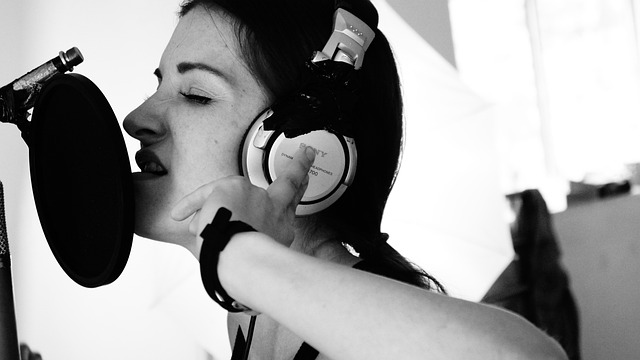Article Title:Thinking the post-human: Literature, affect and the politics of style
Abstract:
This article explores the implications of Agamben's refinement of Foucault's thesis concerning the positivity of power or the positive, concrete and micropolitical ways power produces subjects and forms of life. Agamben argues both that the inclusion of bare life within the political realm is not simply a modern phenomenon but constitutes the original, if unconcealed, source of sovereign power, and that classical and modern politics are constituted through a structure of exception that simultaneously includes and excludes bare life from the political order. Juridico-political space is organized by the constitution of a zone of indiscernibility between inside and outside (the state of exception), but the problem of politics today, as symbolized by the Holocaust, is that the stat of exception has become a place or nomos which functions within and in place of the normal political order. For, in the camp, the transition is made to an absolute biopolitical space where the critical relation between fact and law, exception and rule, and inside and outside that determine the concept of the political decision can no longer be sustained. The challenge Agamben present to us is to imagine a politics that takes us beyond the decision on life as the ground of value. Following Foucault and Derrida, I concentrate on literature as a style of thought that offers us a radically impersonal or post-human position from which to contemplate being irreducible to the intention of the speaking or questioning subject and which cannot be situated within the anthropological fold that predicates man as the ground of being. Having examined the strengths and limitations of their readings of literary language, the article concludes by reflecting on Deleuze's work on literature as an inhuman and affective force that provides a privileged viewpoint for the construction of subjectivities and ideological statements. These reflections are developed through an analysis of 'political correctness' as a type of subjective becoming and a form of moral style int he fiction of Philip Roth.
Keywords: inhuman; micropolitics; affect; style; biopolitics; political correctness
DOI: 10.1080/09502360122736
Source:TEXTUAL PRACTICE
Welcome to correct the error, please contact email: humanisticspider@gmail.com



